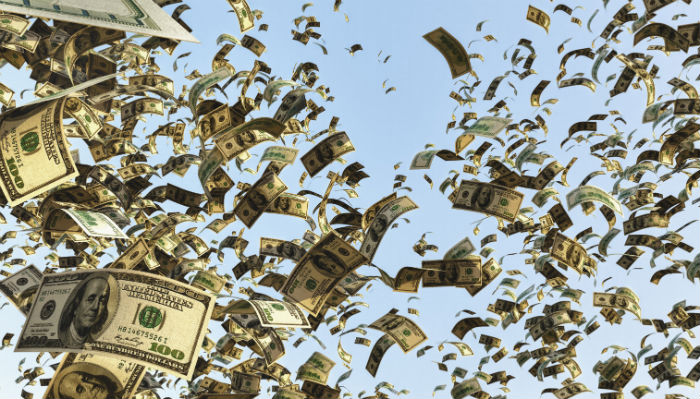How To… Spend A Windfall
James Thomas, regional director at Acuma Independent Financial Advice, offers tips on how to spend your windfall gains wisely.

A windfall can come in the form of a prize, a bonus payment or even an inheritance. The first question that will come to mind for most people is if they were to get a windfall of around Dhs100,000, what should they spend it on?
Most people will have a whole host of ideas that they would spend a windfall on, such as cars and holidays. While holidays are great, and can provide a much-needed break from work, unfortunately their benefit can be quite short lived.
Some people combine holidays with charity work, and this can prove to be an amazing experience with the added benefit of actually helping someone.
But for the majority of people, there will also be sensible considerations as to how to put the money to best use.
1. The two main factors are the investors’ attitude to risk and the timescale that they wish to invest over. The time scale is usually a relatively easy question to answer, in that most investors will know how long they wish to invest for, or they may have a goal for when the money will be needed, for example children’s education, or retirement planning.
2. Try to understand what you are looking to achieve with your investments. It is possible for one investor to have many different attitudes to risk, depending on their objectives. In this case as you have won the money, you may be prepared to go for higher risk investments.
3. It is generally accepted that low risk equals safer but lower returns, and conversely higher risk is normally associated with higher potential returns. You therefore need to establish the correct balance of investments to suit your individual objectives. Attitude to risk can be expressed on a scale of 1 to 10, where number 1 represents very secure investments such as bank accounts and 10 represents higher risk investments such as direct equities, options and very exotic funds.
4. Time period. It is possible that you can achieve your requirements by taking very little risk, but it is likely to be over a much longer time period. At the moment some US dollar bank saving accounts are offering only one per cent interest rates, so there is little risk, but very little return. Other major currencies are also offering very low interest rates, with both Sterling and Euro rates at around two per cent
5. Look overseas. If you look further afield at other countries, four per cent is available in New Zealand, eight per cent in India, six per cent in Iceland and eight per cent in Turkey. However with the increased interest rate comes increased risk. The currency could well fluctuate and effectively remove any gains made when you convert the funds back to dirhams. Also it may well be difficult to open an account if you are not a resident of that country or it has strict rules about foreign investment. Again these factors increase the risk that your money will be exposed to.
6. High risk funds can be worth it. Moving on to higher risk products, there are a huge number of funds that can be selected. These can invest into almost anything you wish, but the more specialised the fund, generally the higher the risk. The timescale for doubling your money will not be fixed. However, the performance of all these funds is not guaranteed, and unfortunately they can fall in value, so you need to be fully aware and accept this fact.
7. Explore alternative investments. There are also many alternative investments that you could consider such as cars, works of art and antiquities. But all of these are very specialised investments, and you need to know exactly what you are buying, or you can very quickly come unstuck. There can also be extra costs with these investments that need to be taken into account.
8. Property has proven to be as risky an investment as any other asset class over the past few years. However, buy in the right location and you will usually make money either from rentals or capital appreciation or both. There are extra costs that need to be considered before buying a property here, or indeed anywhere else in the world, and these need to be factored in before deciding to buy.
9. Start a business. Now that you have a big capital base, this may be the time to finally take the plunge and start that business that you have been thinking about for years. Obviously you need to do your research, but often it is a lack of cash that prevents people from going on their own, and this may just be the solution to this issue.
10. Consult a financial advisor. A certified financial advisor can give you a full range of options and detailed advice upon learning your financial goals. They can help you make informed decisions on where to invest your windfall, and help you diversify your investment portfolio. A financial advisor will also explain what financial returns to expect from your investment portfolio.
